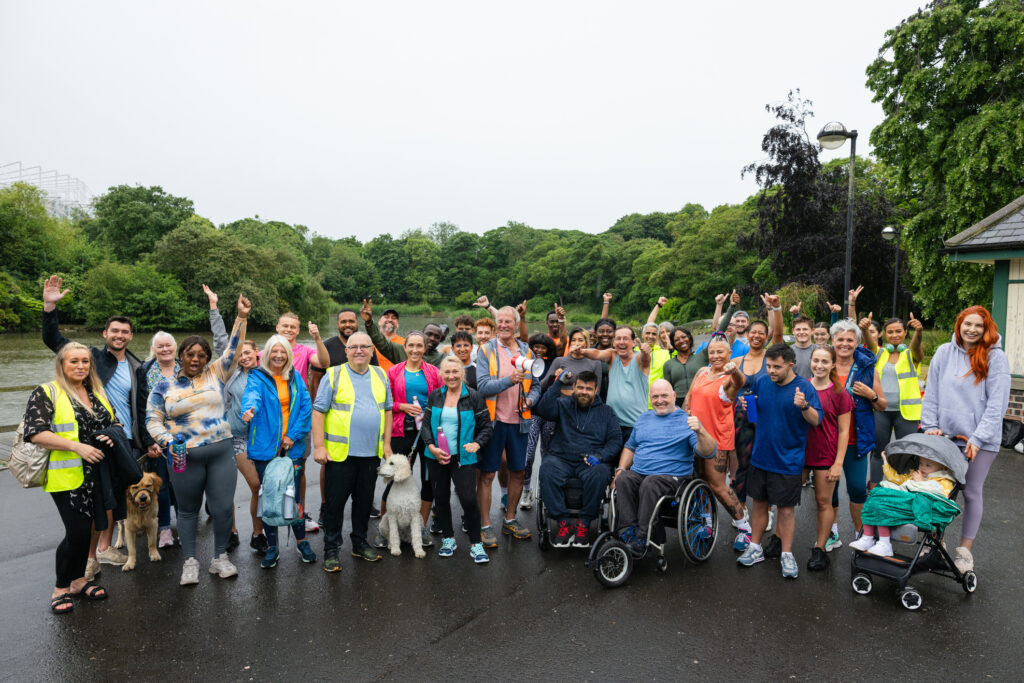
Five free tools that will boost support for your charity
Imagine if you could create an influx of support for your organisation without paying a single penny? We’ve collected our top five free tools to get you started.
1. Make your charity business plan irresistible to funders
A business plan is often treated as a document required to satisfy a particular funder. But a really good business plan can do much more. It can focus your organisation’s thinking and articulate your future plans in a way that will communicate clearly with all your stakeholders – including diverse funders offering grants, loans, or social investment. Charities and social enterprises that work on their business plans gain more control over their future and are able to reach more people. The Cranfield Trust shares business expertise with diverse charitable organisations and supports them to develop business plans free.
2. Gain supporters through advertising
Google Ads is an online advertising program and is a great way to promote your mission among donors, volunteers, and other stakeholders. You can place an advert, which is displayed to people who are already searching for things relevant to the work you do. These are the people most likely to respond to your message. You can choose where your ad appears, on which specific websites and in which geographical areas and you can monitor its impact. Google Ad Grants is the non-profit version of Google Ads, designed to help you promote your organisation online. If you meet the eligibility criteria, your charity could receive $10,000 USD of in-kind advertising every month for use on Google Ads.
3. Keep in touch with your community
Email newsletters are a great way to keep in touch with your supporters, update them or point them towards helpful information. Mailchimp makes creating and sending email newsletters really simple, and the best thing is it is free if you have fewer than 2000 contacts, so it is perfect for smaller charities and social enterprises. If you’re looking to grow, sharing your content is a great way to do this and Mailchimp’s email marketing guides are a good place to start.
4. Get viral and engage with a new audience
There’s a growing number of social media channels that allow your charity to connect with existing supporters and grow a new audience too, providing more people to see the incredible work your charity does. From established social media platforms Facebook, LinkedIn, and Instagram, to the newer entrants including TikTok – there’s never been a better time to use these free marketing channels and test which platform works best for your audience.
5. Make yourself heard online
In a digital age you can introduce your organisation to a potentially huge online audience, explain your mission and the work that you do. Via blogs, tweets or simply on a website you can tell your story. People are bombarded with text and information online, so they need to be able to grasp what you are telling them quickly if they are going to act on it. The Hemingway App is a quick trick you can use to help you write and make your blog or web copy reader friendly. Just copy and paste and it will tell you if you’re being too wordy.
If any of these pointers leave you wanting more information, let us know and we can put more guidance together for future blog posts. Email us at [email protected]
Nothing herein constitutes advice or a recommendation. Links/signposting to external providers should not be considered a recommendation or endorsement of those providers’ products and/or services.
About Charity Bank
Charity Bank is the loans and savings bank owned by and committed to supporting the social sector. Since 2002, we have used our savers’ money to make more than 1380 loans totalling over £580m to housing, education, social care, community and other social purpose organisations.
Nothing in this article constitutes an invitation to engage in investment activity nor is it advice or a recommendation and professional advice should be taken before any course of action is pursued.


